Unusual Practices
Everybody knows that Ancient Greece had a profound impact on Western civilization. The Greeks were well-known philosophers. They were the progenitors of democracy, men who led meaningful lives in the quest of truth in a more civilized era. In history books, at least.


On the other hand, everyday living was far less spectacular than the few brilliant occasions that formed history. Ancient Greece was a harsh, filthy, and frequently revolting place. Here are some disturbing details about Greek hygiene that didn't make it to the textbooks.
Preventive Measures for Women
It appears that the Greeks never considered the need for safe feminine health care. Women were seen as "pure" beings with a strong aversion to anything unpleasant. Well, guess what?
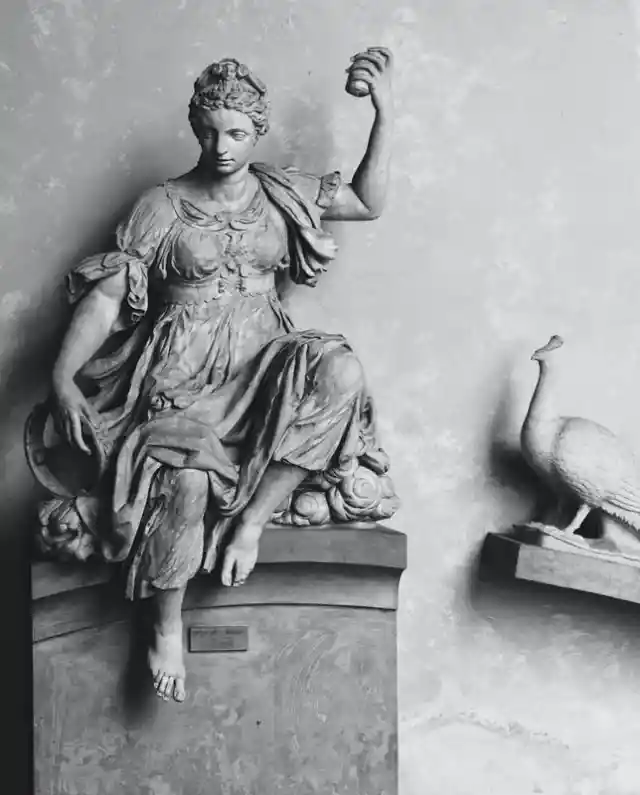
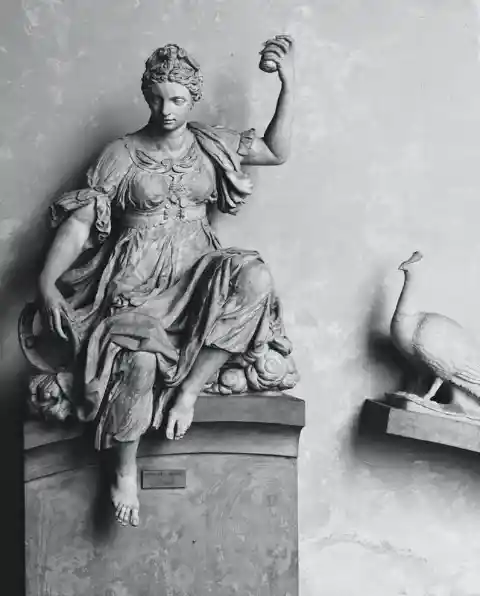
Women were taught to drink and be coated with the excrement of cows and mules as a preventative measure against illness. You're grateful that you weren't born in those glorious ancient days, aren't you? Wait till you hear this next one ...
Take out the Bad Blood
Hippocrates thought that the human body was made up of four fundamental substances. Many ailments and diseases were thought to be caused by bad blood during the time. Through that, individuals with fever were diagnosed as having an excess of (bad) blood in their system.


Doctors would cut into the patient's vein and drain part of their fluids to restore balance in their bodies. It was even advisable to apply leeches to draw blood straight from the skin in some cases. If you think that's scary, just see what they thought about the 'ideal' hair color.
Hair Dye, Anyone?
In ancient Greece, blonde hair was considered the ideal of beauty. Both men and women would color their hair by soaking it in vinegar, lemon juice, or saffron and laying in the sun. Many legendary figures were portrayed with blonde hair, notably Achilles and Aphrodite.


Black hair color, however, was appreciated in some places, according to archaeological investigations. To make a permanent color, the Greeks used lead oxide with calcium hydroxide. Yes, that kind of dye was toxic but not as bad as what they used on their skin!
Natural Skin Care
The use of feces for treatment was not limited to women who were sick. People who want to be beautiful must also coat themselves in excrement. A quick trip down to the local farm may provide you with a much-needed facial cream.
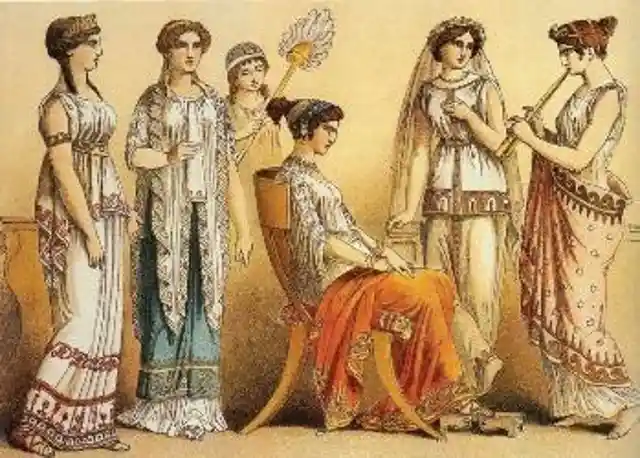
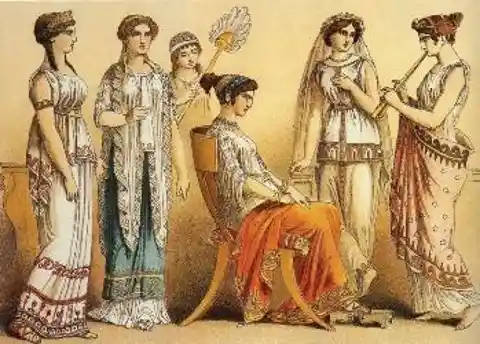
All they had to do was scoop up all the freshly harvested cow excrement. Oh, the things we do just for beauty. Keep reading to discover more unsettling truths about the Greeks, including what bodily fluid they used to clean their mouths!
No Toilet Papers
They used stones to clean their buttocks since toilet paper is a relatively recent luxury. The Greeks wiped with pebbles and polished rocks, which were tough to obtain in those days. To make up for this, it was necessary to make do with broken pieces of pottery when the time was short.


Some even engraved the pieces with the names of their adversaries on them. The hemorrhoids were totally worth it!
Work Out Clothes, What?
Working out was considered a "naked activity." Gymnasium comes from a Greek phrase that literally translates as "school for nude exercise."
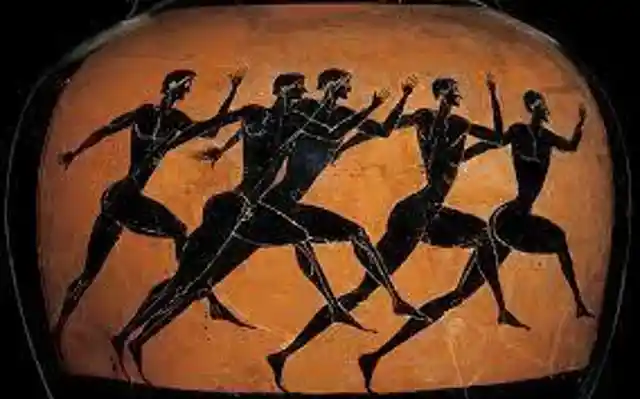
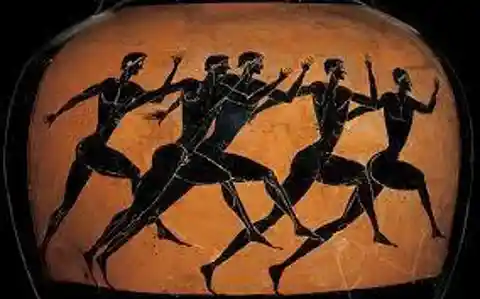
It's possible that noticing somebody on the bench press might have resulted in an uncomfortable conversation. It makes us wonder how they managed to do it in their time.
Fluid Taste Test
The Ancient Greeks believed that every physiological fluid had a distinct flavor. For this reason, their doctor would taste their bodily fluids.


They would collect a sample of these and taste it to determine the severity of the patient's sickness. The concern is, who would be able to diagnose these poor physicians when they get ill?
Sneeze the Baby Away
In Ancient Greece, women were taught to prevent pregnancy by applying essential oils to their private places. Squat and sneeze served as their method of birth control.

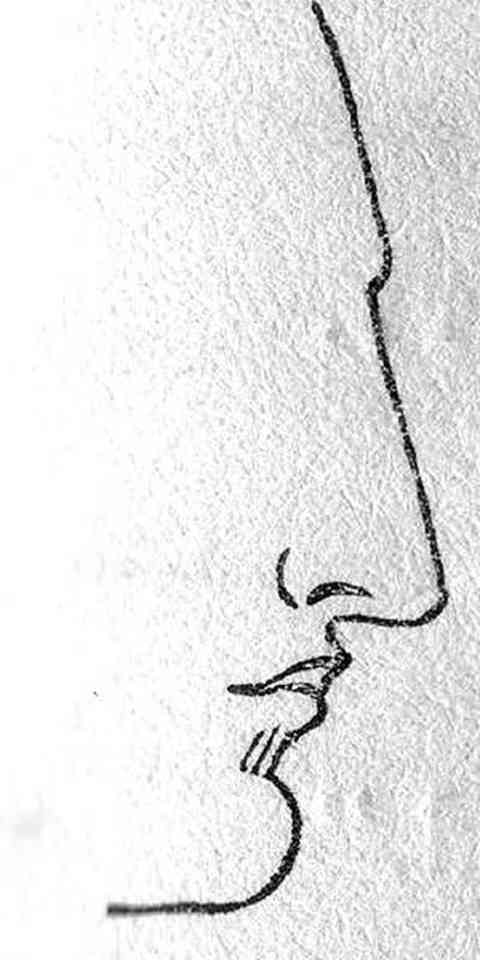
If this did not work, they were instructed to crouch down and sneeze the pregnancy away. Unfortunately, this procedure only resulted in the birth of children called Gesundheit.
Spa Treatment for Everyone
Bathing water was shared by the Greeks back then. Clean water is a precious commodity today, and it was no less so in Ancient Greece. Even among the wealthiest individuals, public bathing was a regular occurrence.
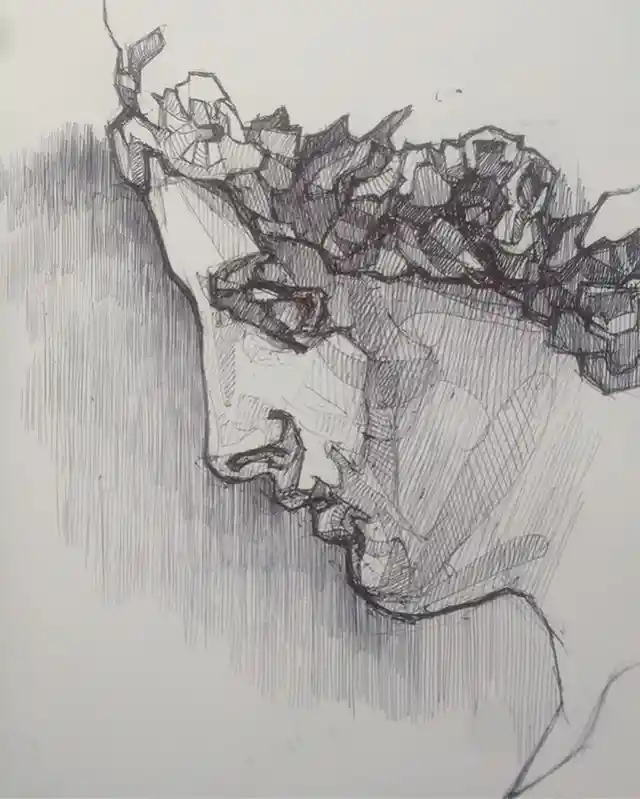

They'd soak themselves in strangers' bodily fluids for hours on end without even washing. This isn't exactly the best spa treatment, or is it?
Ammonia Mouthwash
If alcohol can kill germs, why shouldn't the ammonia in urine kill bacteria as well? Some Ancient Greeks used human urine to clean their mouths regularly.


Apparently, they were under the impression that it would make their teeth whiter. It's strange how things work out with these philosophers.
Athlete’s Sweat
Athletes' sweat was sold to the affluent for many reasons. Are you experiencing aches and pains? Try out some athlete sweat! Athletes would grease themselves up and become coated in the dirt before allowing the muck on their bodies to be collected for a profit.


The wealthy would bathe themselves up in this sweat and mud and wait for the "magic" to work its way through their bodies.
The Pain of Going Hairless
Being hairless was extremely painful! Smooth skin was required in Ancient Greece, even though no razors were available for purchase. It was common for men and women to pluck hairs one by one until they looked presentable.


They would just burn the hairs from their skin if they needed a quick shave. Of course, one wrong turn, and they wouldn't look so hot. Oh, the irony!
The Lesbian Mystery
Because lesbians are physiologically misunderstood, many societies have trouble accepting them. The love between two women was and continues to be something of a mystery to many civilizations.


This includes the Ancient Greeks, who could only conceive the concept of lesbians having "male organs.". Is it possible to have sexual relations without it? Who could have imagined such a thing? Of course, the Greeks couldn't.
Phallic Parades
The Greeks love their wine god. When they celebrated the festival of Dionysus (the god of wine), they would march through the streets brandishing huge, handmade phalluses to commemorate the occasion.


It wasn't long before the jokes and curses they'd yelled became large-scale plays, laying the path for the development of early comic theater. Dionysus would’ve been so proud.
Wearing Wool
Wool clothes were prevalent. Poverty-stricken Greeks were forced to shirts and pants made of inexpensive fabrics like wool to keep warm.
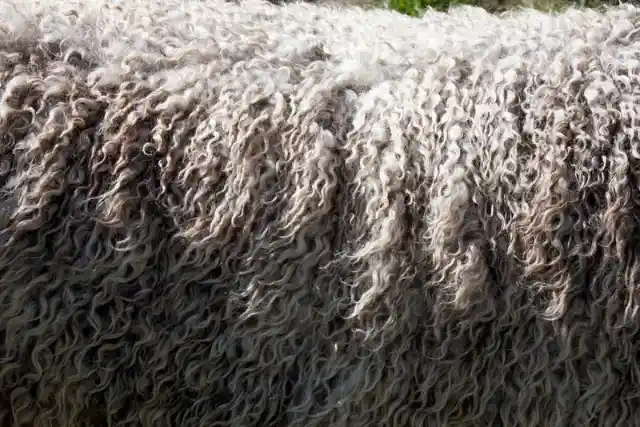

The uncomfortable and heated nature of these clothes made them a breeding habitat for bugs and lice. In the absence of washing machines, you may expect to live in filth daily.
Reusable Butt Stick
The ancient Greeks are a fascinating bunch of peculiars. Aside from using stones, they also used sponges and sticks to clean their buttocks.


Even in public places, these sticks were maintained in buckets of water to be re-used. The term "Grabbing the wrong end of the stick" makes sense now more than ever.
Weakness Wine Test
Newborn newborns were dipped in wine to determine whether or not they were weak. Just because you're a newborn doesn't mean you're entitled to special treatment. In ancient Greece, some newborns were thrown into buckets of wine to see how strong and durable they were.
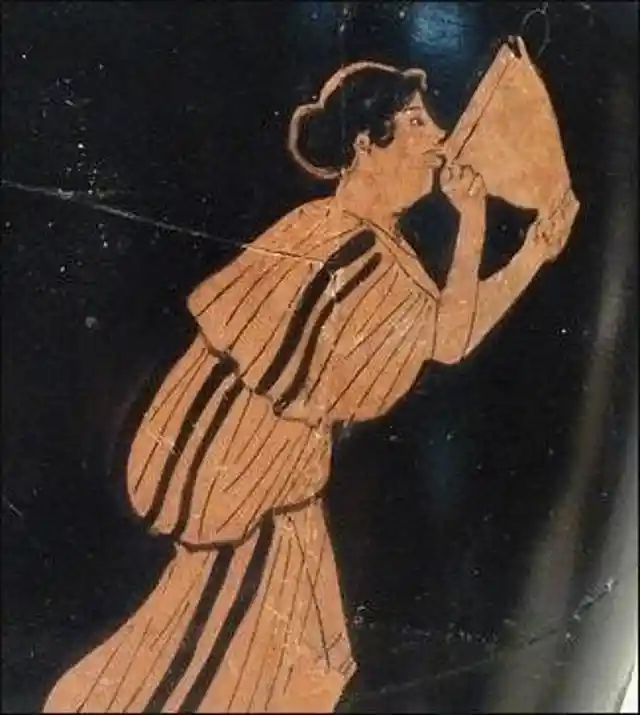
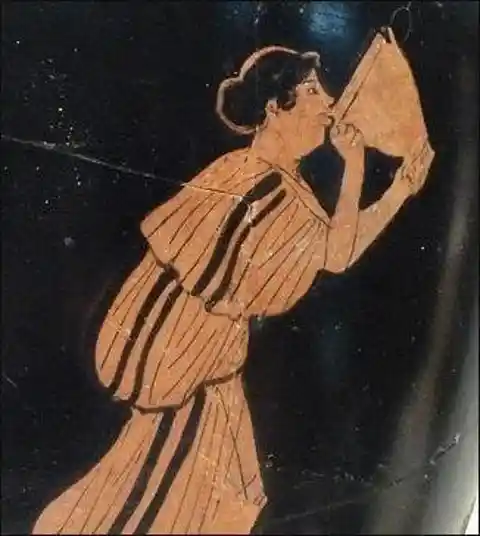
Well, maybe they were mostly durable kids seeing that the Greek population lived on. Do you believe you would have cut it, however?
Roosters as Declaration of Love
Young boys were taken as lovers by older men in Ancient Greece. The presence of a rooster was a sign of the man's fondness for the young boy.
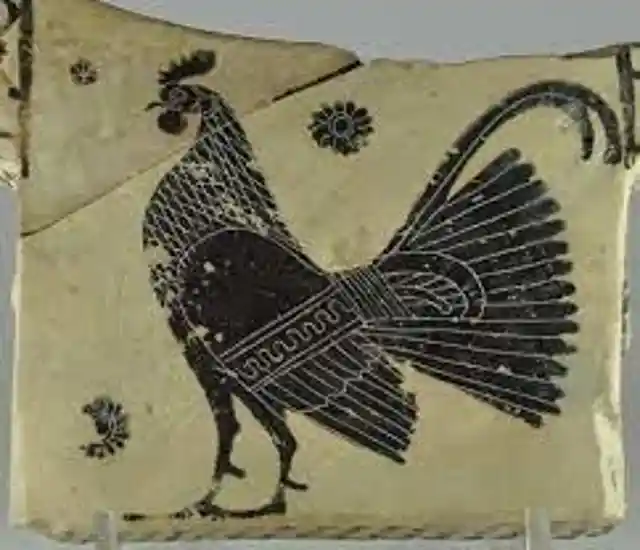
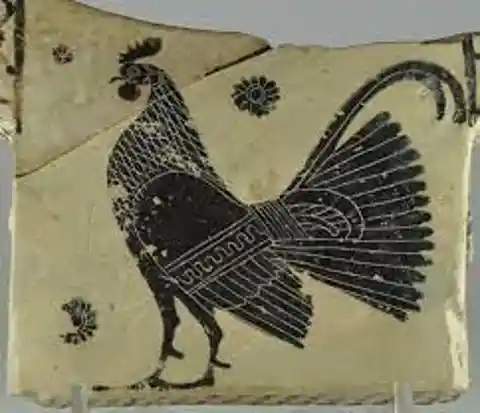
When a young guy begins to grow facial hair, though, this attachment begins to go away. He was then supposed to return home and bring his own boy home "to roost."
Preventive Measures Against Zombie Attack
Zombies were a thing in ancient Greece. The people were terrified of an uprising of the undead. And you thought it was only new-age gamers that harbored this fear.


To prevent chosen dead from returning as "revenants," the Greeks cut off their limbs. They also made sure to bury the bodies six feet down with hefty stones to prevent them from rising again.
A Man’s Property
Women were considered the property of men in the ancient world. Because women were considered the possession of their father or husband, the assault was considered a violation of ownership rather than a violation of their rights.
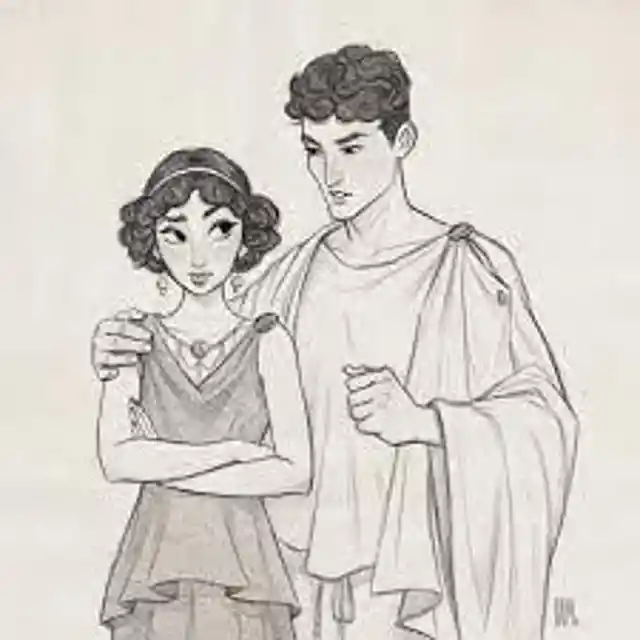
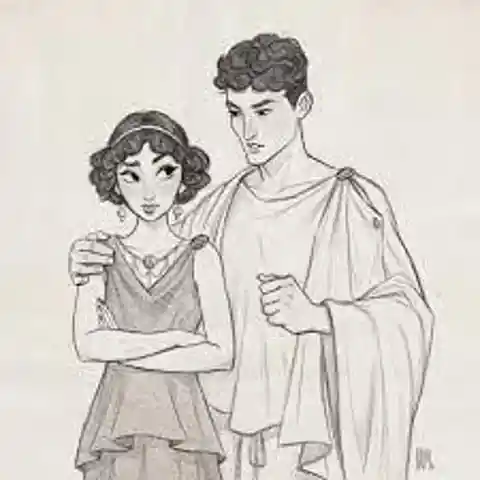
Equality is not exactly a shining example in this society. We’re glad that things are taking a nice turn this century.
Excitement Prevention
In order to suppress sexual pleasure, slaves were forced to wear excruciating metal rings on their bodies. They were forced to wear it on a daily basis.


This heinous conduct is referred to as "infibulation," and it is practiced in many cultures by both males and females. Complete mutilation was frequently considered as a solution for “problematic” slaves.
The Potion Recipe Book
Even when The Roman Empire gradually replaced greek domination, ordinary living did not become any more sanitary. Some of the totally crazy recipes recorded in the diaries of a fanatical Roman eater named Apicius were regarded as the greatest meals across the Empire.
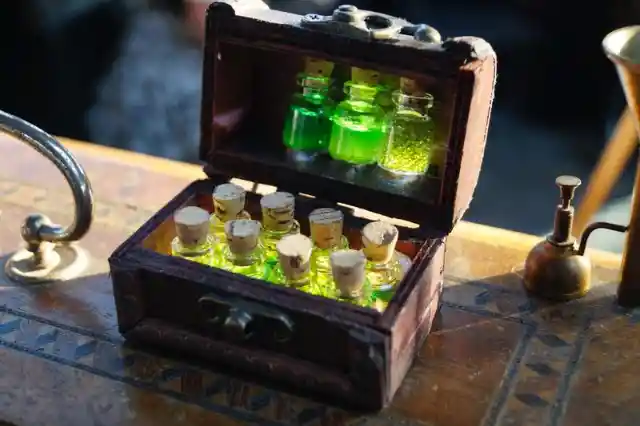
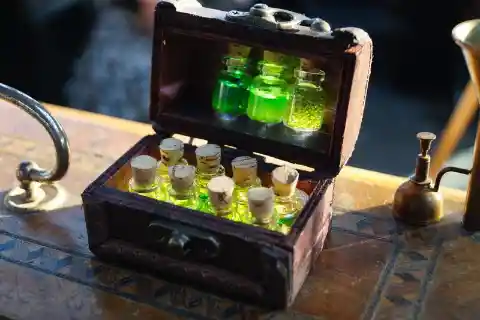
It reads more like a list of ingredients for a magic potion than a recipe book. My, who wouldn't like to have a peek at one of its pages?
Witchy Dishes
Certain dishes seemed particularly witchy. There's the spayed sow's belly, paunch of a newborn pig, and loaded dormouse stew, to name a few examples. The Romans, on the other hand, experimented with eating almost any animal they could think of.
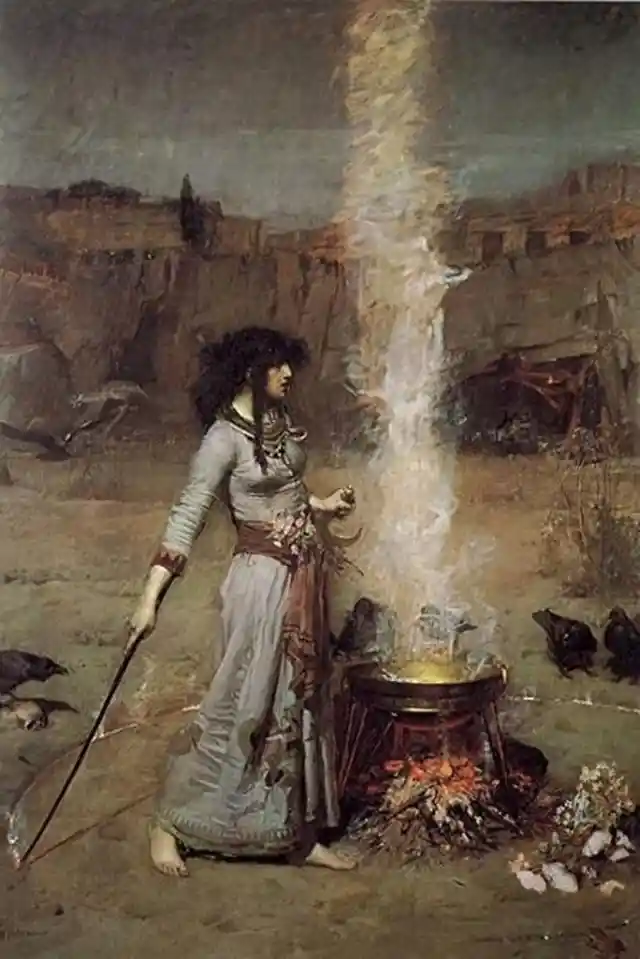

They ate what they could find, including dolphins, parrots, peacocks, and even giraffes—poor wild creatures.
Garum
Archaeologists have discovered jars of garum, a famous condiment from Roman times, on the ruins of Roman ships that have been salvaged. This sun-fermented fish sauce, frequently eaten with bread, was also high in parasitic tapeworm eggs.
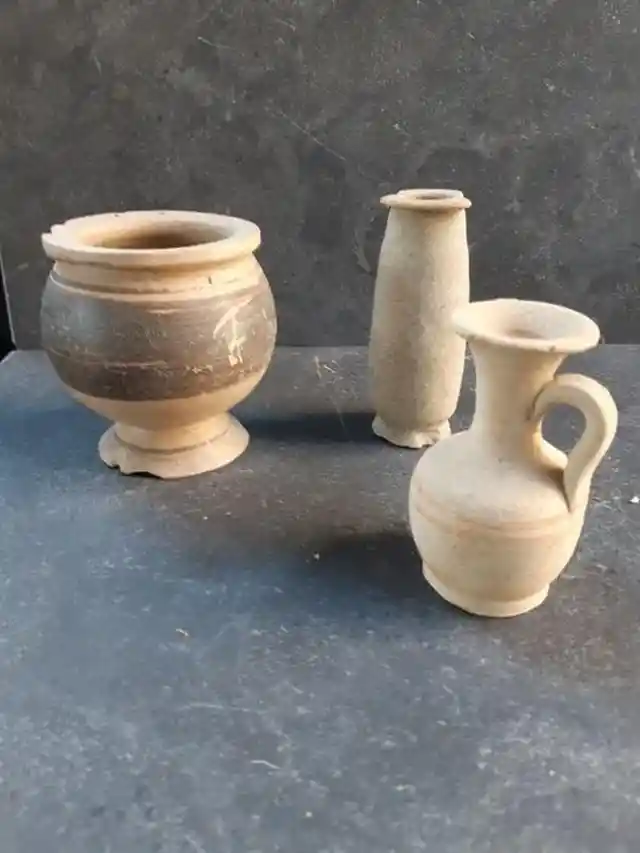
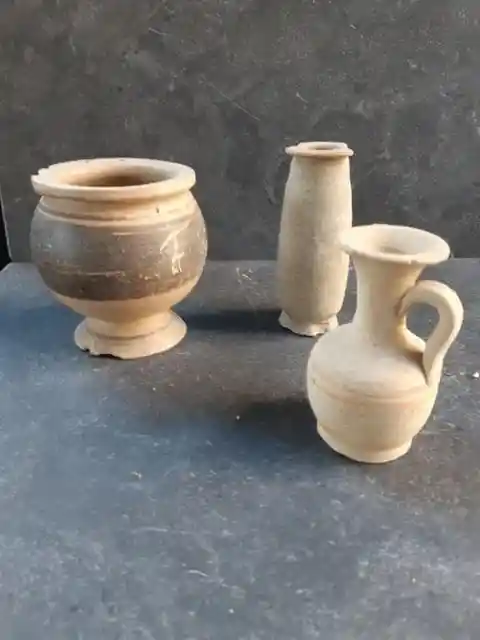
Would you like to have a bite of such exotic wonder? No, thank you very much!
Just Toss the Bones
In ancient times, there were no etiquette norms to follow. Dinner party attendees disposed of their meat bones by flinging them around aimlessly on the floor during their attended meal.


A few hours later, slaves were instructed to clear the mulch of food leftovers accumulated on the ground. Now, that’s what you call a wild party.
Unsterilized Medicinal Equipment
When you consider that sitting down for meals was a game of chance with parasites and bacteria, it follows that the Greek’s therapeutic techniques were not even near to the sterility of current medical practices.


Animal and human droppings were used topically and taken orally for curative and holistic purposes. Maybe they did serve their purpose, or they don't. Either way, it's still a surprising thing to do.
Waste Fertilizer
The vileness of human excrement was just not a concern on the ancient Greeks' radar screen. They saw feces as a vital resource, distributing it as fertilizer for plants and.


When they snuggled in to devour their harvest, they completed a toxic and terrible cycle. Seriously, what's with these ancient people and feces?
Stain Remover
Urine was shown to be an effective washing detergent. It was the responsibility of a fuller to set out and collect jugs of pee on the street.


People use it to wash their clothes since ammonia is effective at removing stains from garments. We can't even imagine the feel and smell of the clothes.
Horrific Penalties
Breaking the law in ancient Rome meant you were putting yourself in danger of receiving the most horrific penalty possible. Their torture was ingenious.


They threw the guilty to animals in the wild and buried alive humiliated Vestal Virgins. The worst was reserved for those who had committed the most terrible crimes of the time period.
Cruel Punishment
Sinister minds devised what they believed to be a suitable punishment for those who had slain their fathers. It consisted of placing the condemned in an animal-reactive sack such as a snake, chicken, or monkey and dumping them into the Tiber River.
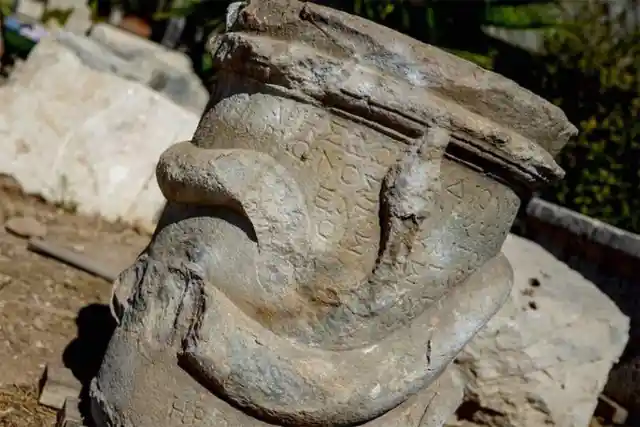

Oh, yes. It's cruel enough to remind every son and daughter never to lay a hand on their dads.
Crocodile Bite and Crocodile Pee
Crocodiles were a greater part of life for Greece than they are for us now. It even resulted in some strange aspects of Greek medicine that we don't understand. One medical book, for example, has a caution for those who a crocodile has bitten.
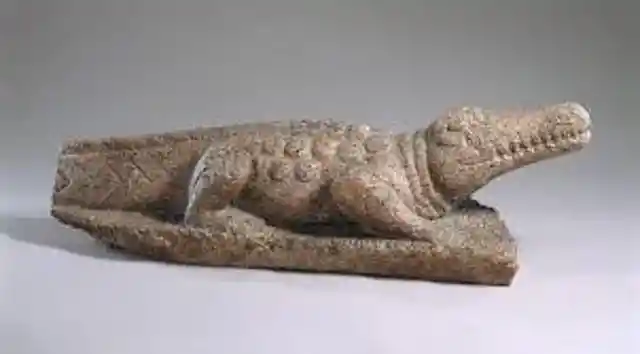

If the crocodile returns to the patient's home after striking him and pees on the wound, the patient will die. Apparently, this occurred frequently enough that they felt compelled to write about it.
The Ancient Lotion
The ancient Greeks desired soft skin, but they did not utilize the same substances as we do now to achieve this. The most frequent method was to apply olive oil or honey all over their bodies.


Olive oil was revered as a sacred liquid, and the Greeks thought that the first olives were grown in the city of Athens. At the very least, they discovered a sticky skincare product that isn't made from dung.
Dead Skin Remover
Although people today clean their bodies with soap, the ancient Greeks did not have body wash. As opposed to this, they would massage their bodies with a piece of clay, charcoal, sand, or ashes. Then they would bathe themselves in olive oil. A metal scraper known as a strigil was used to scrape away the mud in their bodies. This was their method of exfoliation since the muck would also remove dead skin from the body.


The modernization, progress, and societal evolution that have occurred over thousands of years have left us with a long way to go when it comes to good hygiene. When you look back at the health practices of the early Greeks, it's amazing to see how much has changed in terms of hygiene standards.